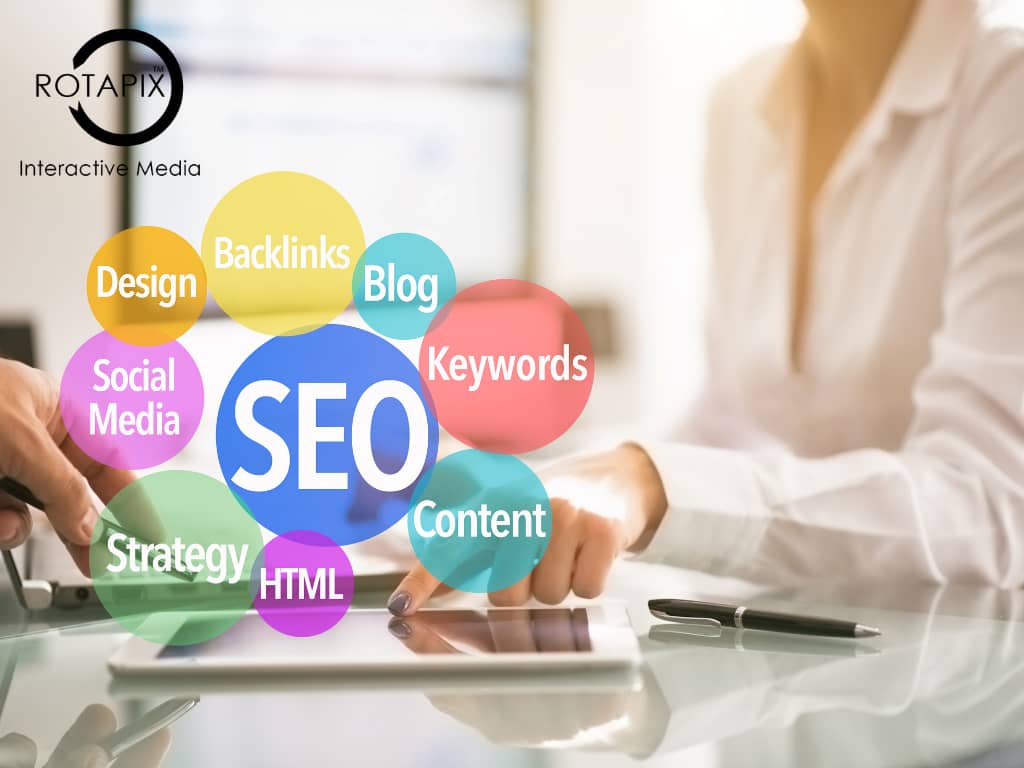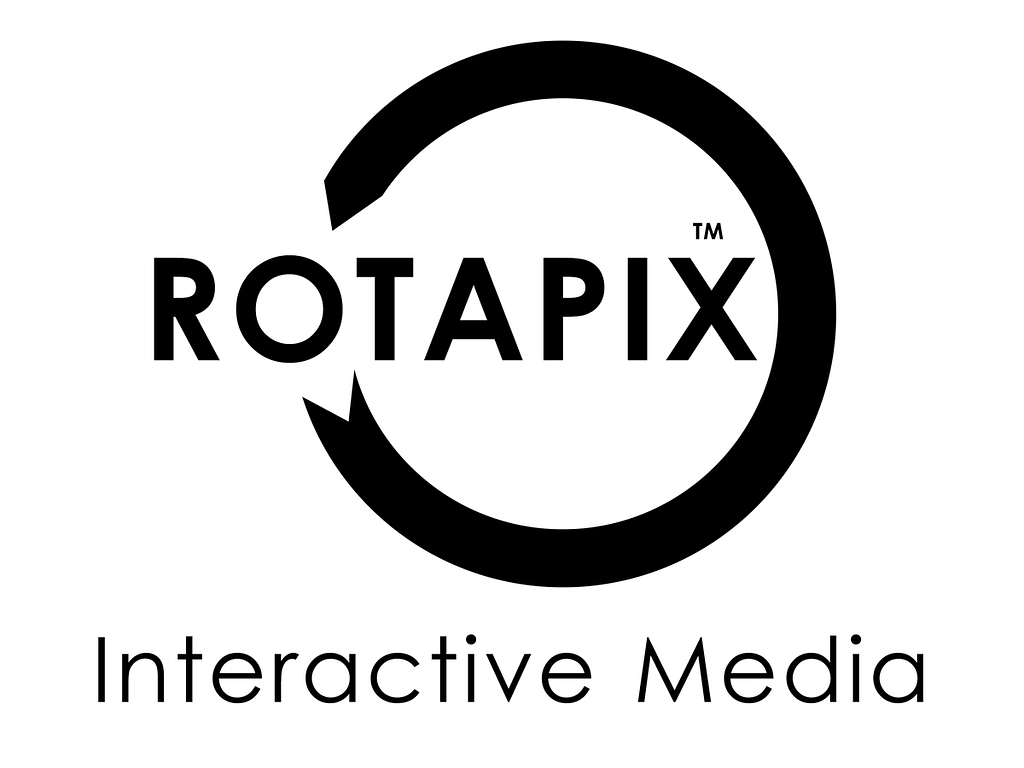[joli-to]
Introduction to Internet Marketing Services
Internet marketing services encompass a range of strategies used to promote products, services, or brands on the internet. These services leverage digital channels such as search engines, social media, email, websites, and mobile apps to connect with current and prospective customers. The goal is to reach a broader audience more effectively than traditional marketing methods, using tools that allow for real-time interactions and analytics.
Importance of Integrating Multiple Online Marketing Strategies
Integrating multiple online marketing strategies is crucial because it allows businesses to create a cohesive and comprehensive marketing plan that maximizes reach and engagement. By combining various tactics like SEO, PPC, and social media marketing, companies can ensure they are visible at every stage of the customer journey, from awareness to conversion. This integration also helps in reinforcing the brand message across different platforms, enhancing brand recall and improving ROI.
Search Engine Optimization (SEO)

What is SEO and Why is it Crucial for Online Visibility?
SEO stands for Search Engine Optimization, which involves optimizing a website to improve its visibility and ranking in the search engine results pages (SERPs). Effective SEO ensures that a website is accessible to a search engine and improves the chances that the site will be found by the search engine. It is crucial for online visibility because higher search rankings typically translate to more traffic and, potentially, more business.
Key Elements of SEO: On-Page, Off-Page, and Technical SEO
SEO can be divided into three main areas:
- On-Page SEO: This includes optimizing the content and structure of a website, such as keywords, headers, meta tags, and images.
- Off-Page SEO: This involves external factors that influence the ranking of a website in search results, such as backlinks and social media signals.
- Technical SEO: This area focuses on improving the technical aspects of a website to increase the ranking of its pages in the search engines, such as site speed, mobile-friendliness, and website architecture.
Pay-Per-Click (PPC) Advertising
Defining PPC and Its Role in Internet Marketing
Pay-Per-Click (PPC) advertising is a model of internet marketing in which advertisers pay a fee each time one of their ads is clicked. Essentially, it’s a way of buying visits to your site, rather than attempting to “earn” those visits organically. PPC is a crucial component of digital marketing because it can lead to immediate results and is highly scalable, allowing businesses to increase visibility quickly and control the traffic they receive.
Advantages of PPC in Driving Targeted Traffic
The advantages of PPC include:
- Targeted Reach: Advertisers can target users based on demographics, geographic locations, and even their behavior or the device they use.
- Measurable ROI: PPC campaigns can be set up to carefully measure effectiveness, allowing advertisers to see the exact return on their ad spend.
- Quick Results: Unlike organic search, PPC can give immediate results, making it ideal for new product launches or seasonal promotions.
Social Media Marketing (SMM)
Overview of Social Media Marketing
Social media marketing involves promoting products or services through social media platforms like Facebook, Instagram, Twitter, and LinkedIn. It’s used to build brand awareness, capture customer attention, and connect brands directly with their customers.
How SMM Enhances Engagement and Brand Presence
Social media marketing enhances engagement by providing platforms where customers can interact with brands in a direct and personal way. This interaction can help build brand loyalty and promote word-of-mouth marketing. Additionally, the visual nature of platforms like Instagram and the conversational nature of Twitter can help brands strengthen their presence online and increase the visibility of their products or services.
Email Marketing
Benefits of Email Marketing in Internet Marketing Strategies
Email marketing remains a powerful component of internet marketing due to its direct approach and personalized touch. Its benefits include:
- High ROI: Email marketing offers one of the highest returns on investment among digital marketing strategies. For every dollar spent, email marketing can yield an average return of $42.
- Customer Retention: Regular, targeted emails keep your brand top-of-mind for consumers, helping to increase loyalty and encourage repeat purchases.
- Segmentation and Personalization: Emails can be customized to meet the needs and interests of different segments of your audience, significantly enhancing the relevance and effectiveness of campaigns.
Best Practices for Effective Email Campaigns
To maximize the effectiveness of email marketing, consider the following best practices:
- Personalize Your Messages: Use customer data to personalize emails with the recipient’s name and content tailored to their interests.
- Optimize for Mobile Devices: Ensure emails are mobile-friendly, as a significant portion of users now access their email from mobile devices.
- Clear Calls to Action: Include explicit calls to action in your emails, making it easy for recipients to understand what you want them to do next.
Affiliate Marketing
Understanding Affiliate Marketing and Its Benefits
Affiliate marketing is a performance-based marketing strategy where a business pays external websites a commission for traffic or sales generated from their referrals. Benefits include:
- Cost-Effectiveness: Since payment is based on performance, it’s a financially safe marketing strategy with a potentially high return.
- Broad Reach: Affiliate programs can significantly extend your reach, tapping into the audiences of your affiliates.
- Enhanced Credibility: Collaborations with respected affiliates can enhance your brand’s credibility and trustworthiness.
How to Set Up an Affiliate Marketing Program
Setting up an affiliate program involves:
- Choosing the Right Platform: Select a platform that aligns with your marketing goals and is popular among your target audience.
- Developing Clear Guidelines: Define clear rules regarding the promotion methods, payment models, and permissible strategies.
- Recruiting the Right Affiliates: Look for affiliates who share your brand values and have an engaged audience relevant to your products.
Online Reputation Management (ORM)

The Importance of ORM in Internet Marketing
Online reputation management (ORM) involves monitoring and influencing your brand’s reputation on the internet. It’s crucial because:
- Consumer Decisions Are Influenced by Online Content: Positive reviews and strong online presence can drive sales, while negative reviews can deter potential customers.
- Damage Control: Effective ORM can mitigate the impact of negative reviews and misleading information.
Strategies for Managing and Enhancing Online Reputation
Strategies include:
- Regular Monitoring of Social Media and Review Sites: Use tools to stay on top of what’s being said about your brand online.
- Engaging with Customers: Respond to feedback, especially negative reviews, in a professional manner that shows your company cares about its customers.
- Encouraging Positive Reviews: Incentivize satisfied customers to leave positive reviews to boost your online presence.
Mobile Marketing
Increasing Importance of Mobile-Friendly Marketing Strategies
In today’s digital age, mobile marketing is essential due to the increasing prevalence of smartphones and tablets. Consumers are using their mobile devices more than ever to browse the internet, shop online, and interact with brands. This shift necessitates that businesses develop mobile-friendly marketing strategies that cater to the on-the-go nature of modern consumers.
Best Practices for Optimizing Mobile User Experience
To optimize the mobile user experience, consider the following best practices:
- Responsive Design: Ensure your website and emails adapt seamlessly to different screen sizes and orientations.
- Fast Loading Times: Optimize website speed to ensure that pages load quickly on mobile devices to reduce bounce rates.
- Simplified Navigation: Design mobile sites with streamlined navigation to improve usability and engagement.
- Touch-Friendly Interfaces: Make buttons and links easy to tap to enhance the overall user experience.
Analytics and Performance Measurement
Measuring the Success of Internet Marketing Efforts
Effective measurement is critical to understanding the success of internet marketing campaigns. Key performance indicators (KPIs) like conversion rates, traffic sources, click-through rates, and social media engagement help gauge the effectiveness of different strategies and inform future marketing decisions.
Tools and Techniques for Tracking and Analysis
Various tools and techniques assist in tracking the performance of internet marketing efforts:
- Google Analytics: Provides comprehensive insights into website traffic, user behavior, and conversion metrics.
- Social Media Analytics: Platforms like Facebook Insights and Twitter Analytics offer detailed data on engagement, reach, and the effectiveness of social media campaigns.
- SEO Tools: Tools like SEMrush and Ahrefs help track keyword rankings, backlinks, and other SEO-related metrics.
Conclusion
How to Combine Various Elements for a Cohesive Marketing Strategy
To maximize the impact of internet marketing efforts, it’s crucial to integrate various components into a cohesive strategy. This integration involves aligning your SEO, PPC, social media, content, and email marketing strategies to support one another, ensuring they all contribute to a common goal. Coordination across channels enhances brand consistency and improves the chances of achieving marketing objectives.
Forecasting the Future of Internet Marketing Services
Looking forward, the future of internet marketing services is likely to be driven by further advances in technology, such as artificial intelligence and machine learning, which will continue to transform how marketers personalize content and interact with consumers. Additionally, as consumer preferences evolve and new platforms emerge, marketers must remain agile, ready to adopt new tools and strategies to stay competitive in a dynamic digital landscape.











